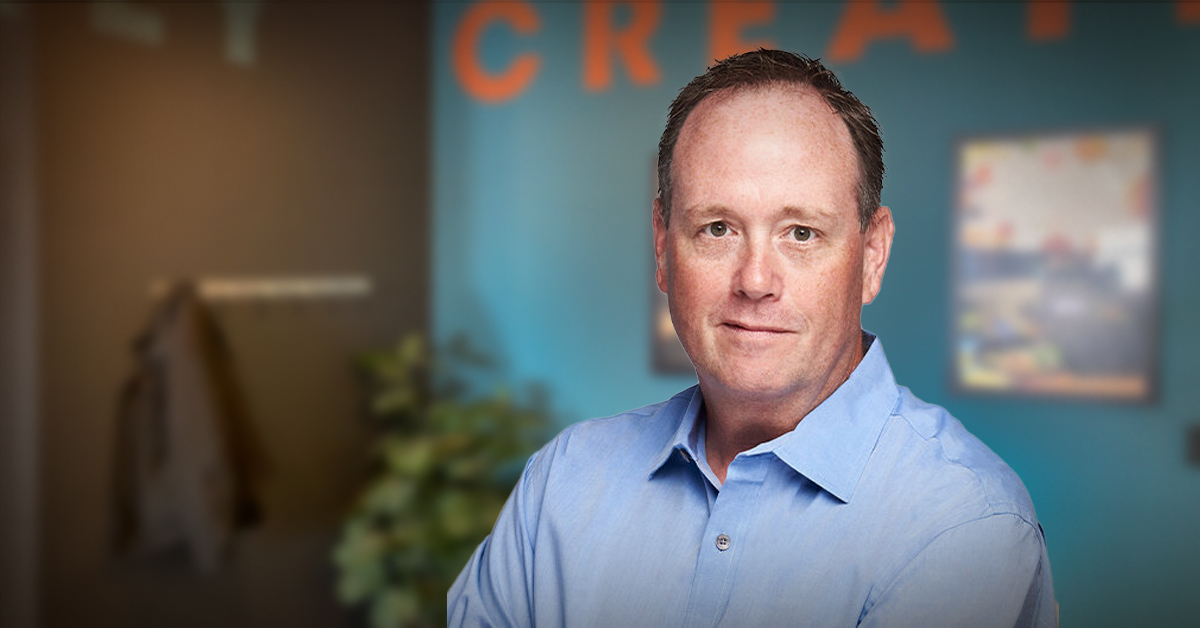5 Things the Restaurant Business Taught Me About Working in Advertising

As the newest hire at Insight, this blog post is one of my first assignments. “Just say something about yourself,” they said. “You know … something a little more than a simple job announcement.”
But here’s the thing – I don’t really enjoy talking about myself in a professional capacity. It feels boring to review all the places I’ve worked, and it feels cringe to pat myself on the back for any recognition my work has received over the years. It’s not that I’m not proud of my accolades. I am. I would just rather talk about something else.
Like restaurants.
You see, before I became a 28-year-old copywriting intern at JWT in Denver, I spent 12 years working in the restaurant business. Front of house, back of house, management – I did it all. In fact, I was very close to choosing a career in the business, until I created an ad campaign for the restaurant I worked for. That’s when I decided that making ads was a lot more interesting than making meals.
I didn’t realize it at the time, but working in restaurants prepared me for a career in the advertising industry better than any portfolio school would have. Here are a few things I brought with me without even knowing it.
Things are never going to go as expected.
No matter how well we used to prepare for a lunch or dinner rush, the chances were slim to none that it would come off without a hitch. A server gets in the weeds, the salad station backs up, a bartender drops a tray of drinks, or a party of 20 walks in right after you let the two early servers go. Whatever happens, though, the restaurant doesn’t close, people are still hungry and your income depends on keeping them as happy as possible. The contributing factors may be different in advertising – a timeline gets moved up, input changes, weather days during production, or something that was approved suddenly needs revisions – but the reality is the same. There are hungry clients that need to eat.
Being a good conversationalist will get you everywhere.
Nothing teaches you how to speak in public or with strangers better than hustling tips to make a living. Period. Waiting tables or tending bar is a constant state of performing for people who control your success in their hands. How well can you articulate the specials? How good are you at upselling a better bottle of wine? How well are you able to engage with your customers, share a laugh or a personal story, and get them to be a little more on your side? The answers to those questions are directly linked to your tips, and it’s the same in advertising. Whether you’re pitching a new account or campaign ideas to an existing one, good conversationalists can accomplish more toward their goals in the 10 minutes before and after any client meeting than the meeting itself.
The dishwasher is just as important as the executive chef.
Teamwork, y’all. Team. Work. In the restaurant business, if one station goes down or gets behind, it’s a domino effect. Doesn’t matter if it’s the kitchen, the bar, the bussers or the dishwashers – if something gets sideways or people aren’t communicating, your shift is going to be a grind. Now think about any complex, integrated campaign you’ve worked on. Or even a one-off project. If any part of the process is broken, or anyone on the team (including the client) is a liability, two things are going to happen: the project will be twice as difficult to complete, and the final output will be half as good as it could have been. The fix is the same, too: prepare religiously for every project, audit the moving parts of your process, keep talking and step up to help out when you’re needed.
Not every customer is going to be easy, but they all need to be fed.
Ultimately, there’s very little difference between someone spending $50 on a meal or someone who controls a $50M advertising account. Some are going to be the best, nicest and easiest people to deal with, and others simply … aren’t. Working in restaurants taught me that not only can I handle difficult people, their personal style and delivery isn’t a reflection on me. If I know I’ve done my job, I’m more than willing to engage with a tricky client. Just like a restaurant customer, all you can do is be honest and professional while trying to deliver what you’ve promised.
Great chefs take advice.
Just like the food in a restaurant, an agency’s creative product is its opportunity to shine brightest. I worked with chefs with personalities ranging from volcanic to timid, and whenever they were developing a new dish or seasonal menu, each of them had a lot of help. From flavors to plating, they were open to feedback and suggestions, and they trusted the experts they surrounded themselves with to be exactly that. These days, whether it’s guiding a concept through an internal process or working with production partners, I’ve adopted the same philosophy. Better yet, I’ve been lucky enough to work with some incredible editors, composers, effects teams, and yes, even clients who have helped improve both the concepts and their executions. The creative process, like cooking, is a wonderful alchemy, and when you get it right, it’s delicious.
Gotta go. Order up.

